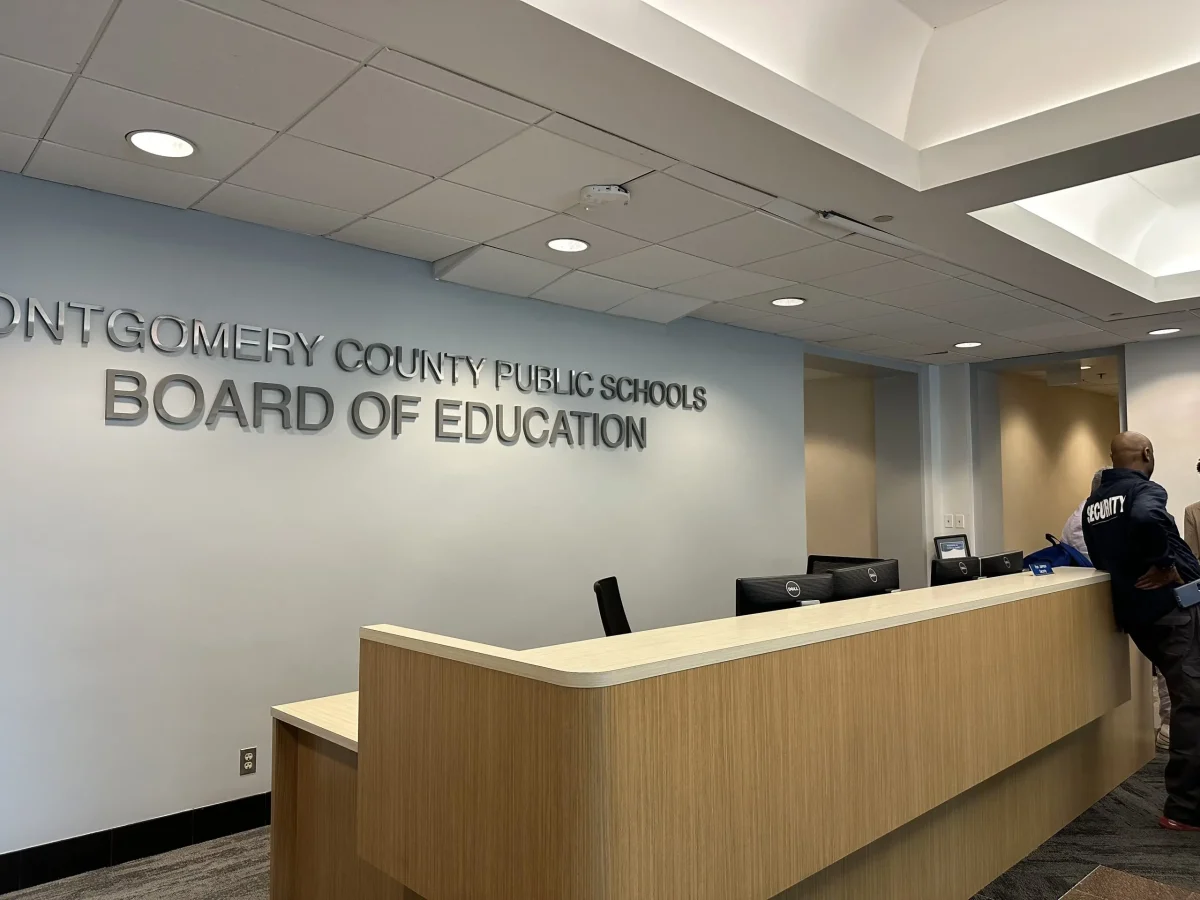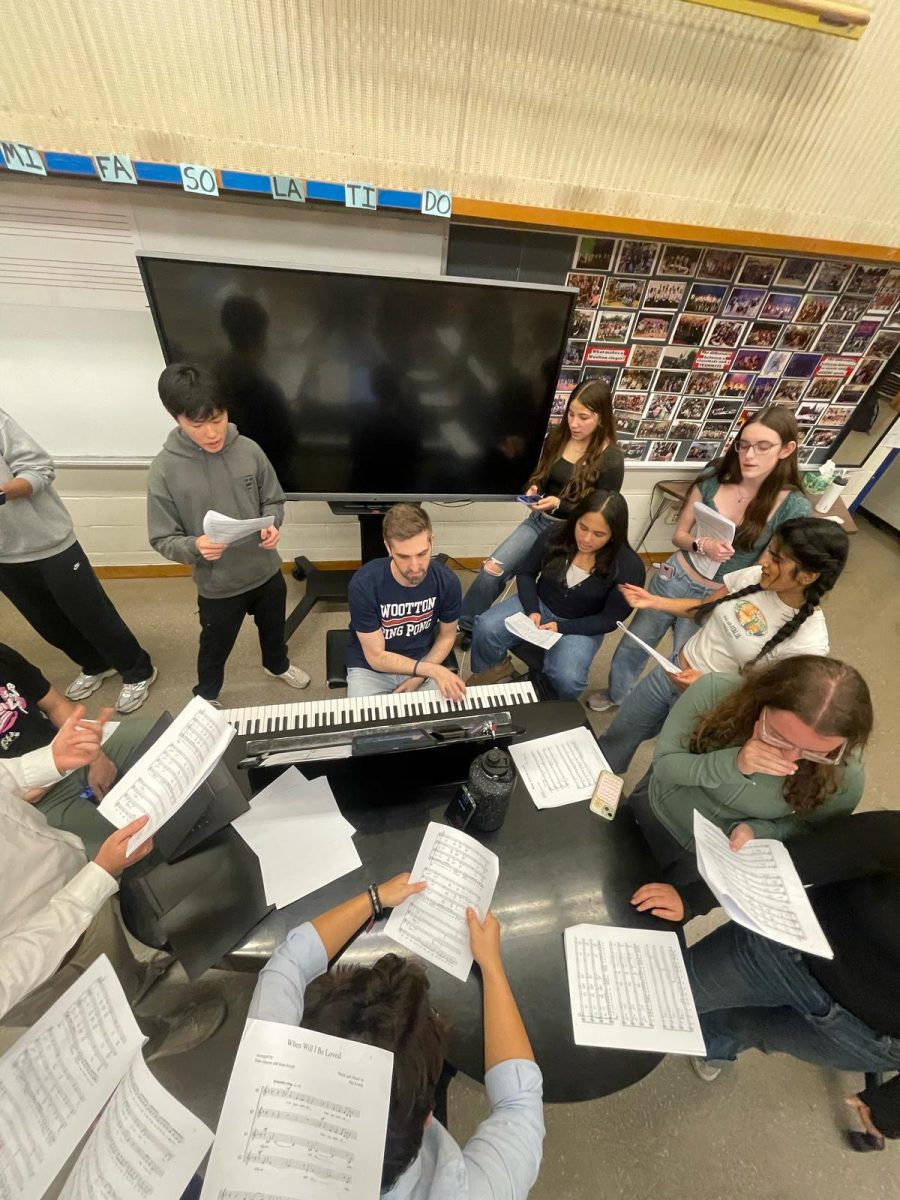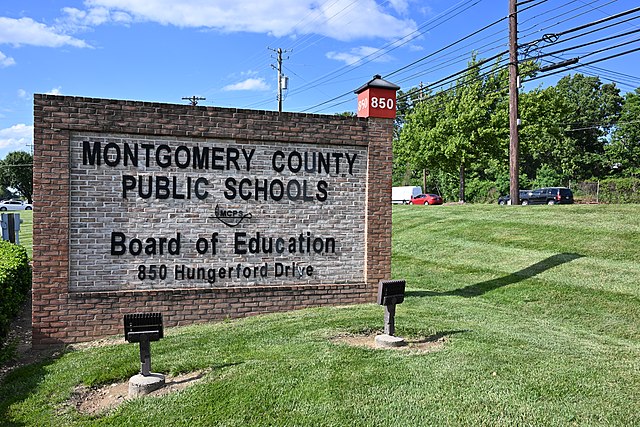Yes- Matthew Klein, Managing Editor
The great debate over the role reassessments should play in high school classes has raged on for years, often, much to the annoyance of students, with different teachers employing different policies. But as college-level courses become more prominent in high school thanks to the implementation of the Advanced Placement (AP) program, the question as to whether retakes should be allowed has become heightened.
AP courses are typically not easy; after all, they are meant to replicate the workload and curriculum of an introductory-level college course. Yet no matter what they are meant to simulate, it is important to keep in mind that students are still in high school, and that they should be treated as such. Because of this, reassessments should remain in college-level courses for the benefits not only of students, but for the school as well.
This debate must first be examined from a moral perspective. If students wanted to go to a college and earn legitimate college credit, they could enroll in courses at Montgomery College. AP classes are not an effort to throw high schoolers into the college environment. Instead, they are meant to prepare students for that environment by easing them into one particular class with a cumulative exam at the end of the year.
High schoolers are not and should not be expected to know what a college student would while taking a certain class. There can be anywhere from a one-year to a four-year difference between college and high school students. As such, high school students simply often do not perform as highly. Take AP World History, for example. The College Board records that the unusually low percentage of 5s (only 8.5 percent in 2017) is due largely to the fact that students who take the course are not writing at the level actual college students are. To imply that high schoolers and college students should be treated on equal footing without the opportunity to reassess when high schoolers are simply far less prepared is wholly unfair to these students who are, on average, less developed intellectually.
High schoolers also deserve the opportunity to reassess for their own benefit. Most AP courses are compounding, meaning they build on the topics one has learned earlier in the year. A reassessment can serve as motivation for a student to get a better understanding for the concepts they must know for success on the May exam.
I’m not suggesting that every single quiz needs to be re-assessable, or even that re-quizzes need to be the same level of difficulty as the original. Making them more challenging would be the most fair to students who performed well on the first quiz and would truly test the student’s ability to comprehend and learn from the questions they got wrong the first time.
But having retakes as an option is simply the most beneficial. Everybody makes mistakes, and students choosing to challenge themselves academically should not suffer for wanting to learn more.
No- Aaron Levine, Managing Editor
Everybody makes mistakes. Whether that mistake is something as small as forgetting your phone at home or as large as forgetting to study for a final exam, everyone messes up. However, sometimes in life there is no room for mistakes. Sometimes mistakes can be costly.
College is one of these times.
Currently, when one makes a mistake on a quiz in a class, they expect forgiveness or a retake. A failure on the first quiz might have resulted from not understanding the material, or circumstances that prevented one from studying the quiz material, but the retake is a second chance. A retake is a chance to rectify all those mistakes and try again, an attempt of the high school to alleviate some stress.
While the forgiveness of retakes should be applied to typical high school classes, Advanced Placement (AP) classes should be exempt from retakes. AP courses are described by the College Board on their website as “rigorous, college-level classes in a variety of subjects that give students an opportunity to gain the skills and experience colleges recognize.”
The essential wording in their description of AP classes is “college-level.” In college, there are no retakes. There is no forgiveness. So if these college-level AP courses are meant to represent rigorous college courses that give college-level skills and experiences, why are there mechanisms in place like retakes to dilute the college preparedness?
If a student does well on the AP exam, earning typically a 4 or a 5, that exam can be used for college credit. The college credit one earns can be used to skip beginner coursework in the area of the AP credit. This allows students to take more advanced coursework right off the bat.
The opposition might argue that because high school students are not as smart as college students, and that because historically AP scores are low, students need a boost in the classroom. To those who believe AP students need to be propped up by retakes, I ask to them what happens afterwards? The students who could not handle taking a college level course without retakes certainly cannot handle the real college course afterward. And if students who went through AP courses with retakes use their AP credits to enter higher level courses in college, these students will be even less prepared for the harsh reality of college. These students, instead of doing slightly worse in high school, will end up having trouble in college, where one’s learning matters most.
When training with swords, one practices first with wooden swords. Any mistake made, any mishap is softened by the wooden sword, like a retake softens the blow of a difficult school experience. Wooden swords are like high school classes, imitations and preparations preparing students for the real deal that is college. As students take AP classes, they pick up the real swords of the college experience and there is no place for retakes and redos. An AP class should resemble the college experience, any potential pain felt in high school from the lack of retakes would be enhanced tenfold when these students go to advanced college classes, unprepared.







![The 2025-2026 Editorial Board Alex Grainger, Cameron Cowen, Helen Manolis, Emory Scofield, Ahmed Ibrahim, Rebekah Buchman, Marley Hoffman, Hayley Gottesman, Pragna Pothakamuri and Natalie Pak (Chase Dolan not pictured) respond to the new MCPS grading policy. “When something that used to be easy suddenly becomes harder, it can turn [students’] mindset negative, whereas making something easier usually has a better impact. I think that’s where a lot of the pushback comes from. But if you put emotions aside, I do think this change could help build stronger work ethic,” Ibrahim said.](https://woottoncommonsense.com/wp-content/uploads/2025/09/fqr5bskTXpn0LRQMmKErLuNKdQYBlL726cFXBaWF-1200x900.jpg)
